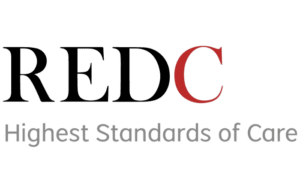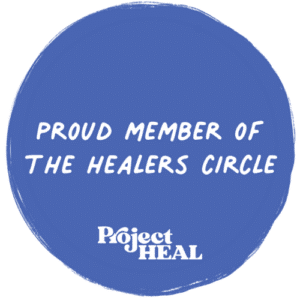For most people, weight fluctuations in recovery are one of the most intimidating aspects of treatment. While it is true that you may experience some body changes during recovery, it can help to know what to expect.
Weight Fluctuations in Recovery
It’s no wonder why people struggle to cope with weight fluctuations during recovery. We live in a culture that idolizes thinness. Many people grew up watching shows focused on weight loss challenges and reading magazines featuring celebrity diets. Exchanging comments about various diets has become a common form of small talk. While these patterns in our culture are normalized, they contribute to body distrust, shame around food, and disordered eating.
The truth is that weight fluctuations are normal. This is not just for those recovering from an eating disorder but for everyone. Our bodies change throughout the course of our lives. This fact is hard for many people to embrace, especially for those with a complicated relationship with food.
During this conversation about weight, it is really important to understand that intense fear of weight gain is one of the diagnostic criteria for some eating disorders. When you face this fear of body changes, try to remember that this is actually a sign of the disorder itself and that it is not necessarily a rational fear. That being said, it’s okay if coping with body changes is hard. And there are a few strategies that can help you manage the discomfort of these changes.
Coping With Weight Shifts During Eating Disorder Recovery
- Buy clothes that fit your current body. It’s hard to nourish your body when your clothes feel tight and uncomfortable. Give yourself permission to buy a few clothing items that feel comfortable. It may help to bring a support person when you go shopping.
- Throw away the scale. Tracking your weight often leads to more obsessive thoughts about your appearance. While it can be difficult to surrender control of the scale, this is usually a key step to worrying less about your weight.
- Set boundaries. If you are worried that a friend, family member, or coworker will comment on your body, it’s okay to excuse yourself from the conversation or ask them to change the subject.
- Remember your “why.” Recovery is hard but worth it. Think about why you started the recovery journey in the first place. How do you want your life to look when you aren’t suffering from the eating disorder anymore? Knowing your end goal can help keep you focused during the more challenging parts of treatment.
- Talk with your treatment team. Express any concerns you have about weight shifts. They can give you some coping skills, encouragement, and individualized support.
Fear of weight gain is a significant barrier to many people healing from their eating disorder. If you are struggling with the thought of weight shifts during recovery, it’s important to seek help. Aster Springs offers multiple locations across four states with compassionate, evidence-based treatment options to support your recovery journey. Find a treatment center near you.





